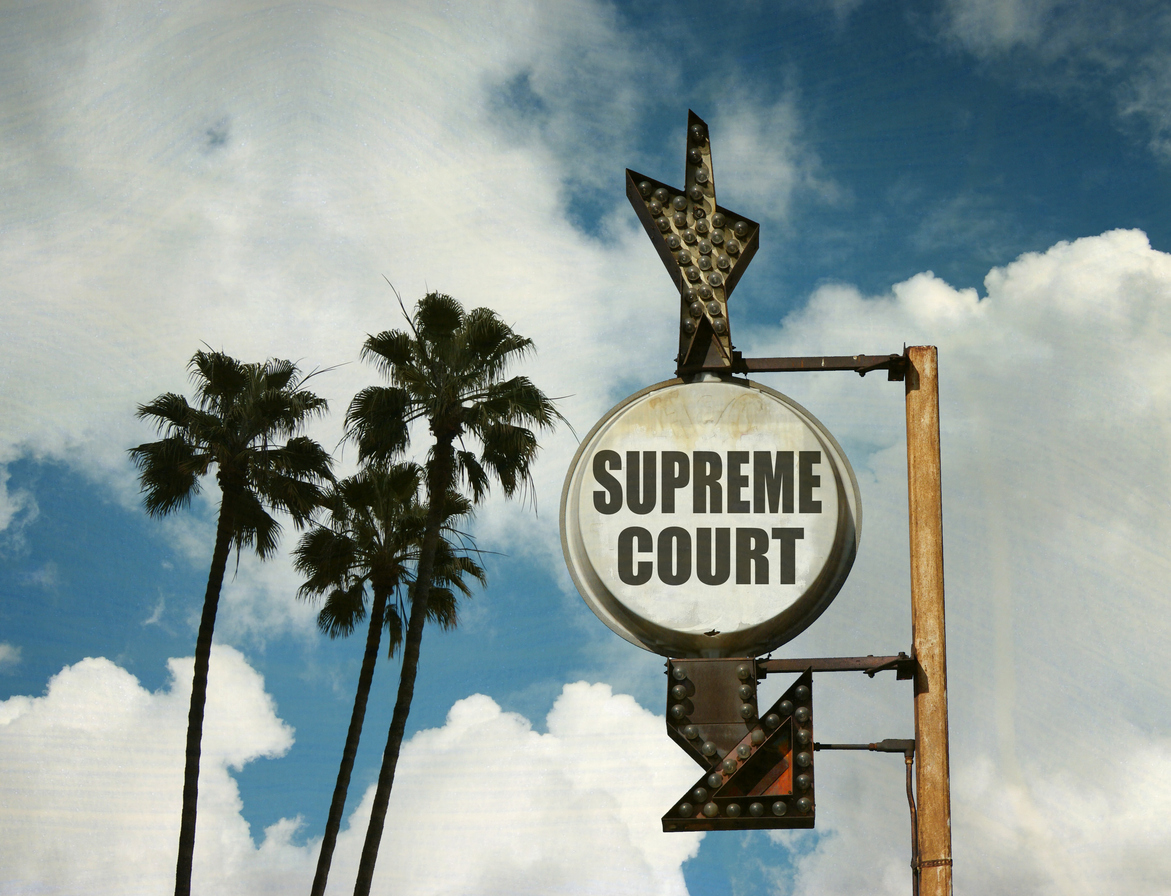Someone recently asked me if bad faith tort claims originated in California. Although I cannot say that California is the jurisdiction in which bad faith claims were founded, I can safely say that the development of what we consider the current insurance bad faith tort cause of action is heavily influenced by two landmark California Supreme Court decisions: Comunale v. Traders & General Ins. Co., 50 Cal. 2d 654 (1958), and Gruenberg v. Aetna Ins. Co., 9 Cal. 3d 566 (1973).
Other state courts began to follow California’s lead and held that a tort claim exists for policyholders that can establish bad faith on the part of insurance carriers. Today, the majority of states have come to embrace the bad faith tort. Many of them have passed specific legislation that allows for the bad faith tort cause of action to be brought against insurance companies which inappropriately deny and delay claims. The specifics of what constitutes bad faith is still being developed and evolves with each case. Many states such as Hawaii, and Nevada follow suit and are heavily influenced by California case law when it comes to bad faith actions.
Bad faith torts arise from an insurance companies’ duty of good faith and fair dealing to the insured. In California, the duty is referred to as the “implied covenant of good faith and fair dealing.” This duty is inherent to each insurance contract and the violation of the covenant of good faith and fair dealing gives rise to not only a breach of contract claim, but the bad faith tort claim which allows for an insurance company to be penalized in an amount greater than the insured’s policy limits, depending on the insurer’s actions.
Bad faith has traditionally been defined through case law issued by the Court’s decisions. California has allowed insureds with bad faith claims to recover attorney’s fees in addition to the judgment for damages. California is known to be a state that protects consumers, and our case law evolves and changes by the year, adding essential consumer protections that will hopefully be embraced and adopted by many other states.



